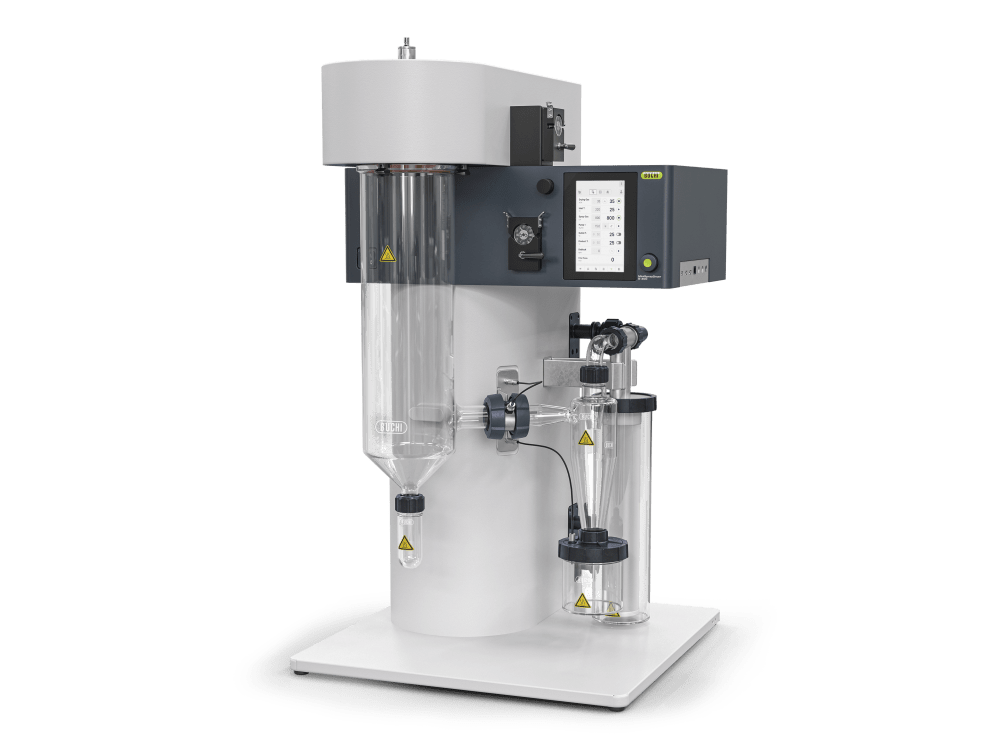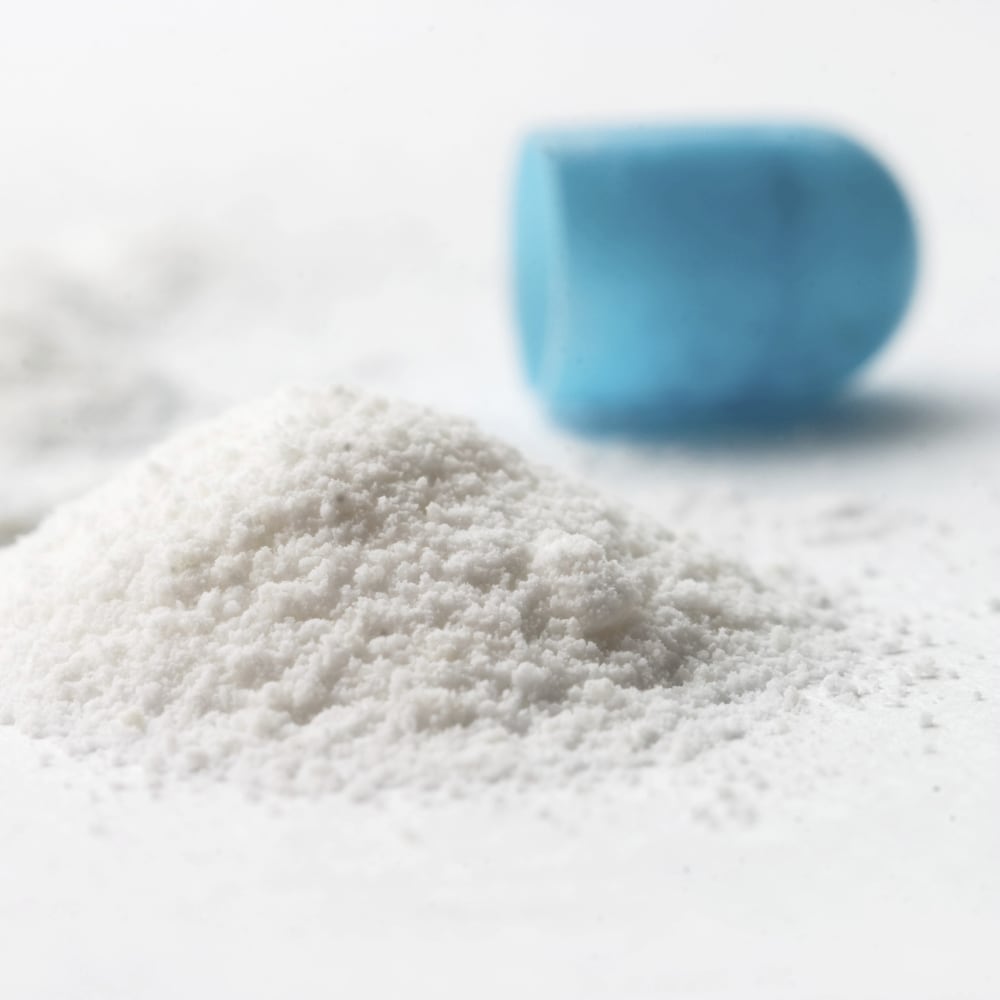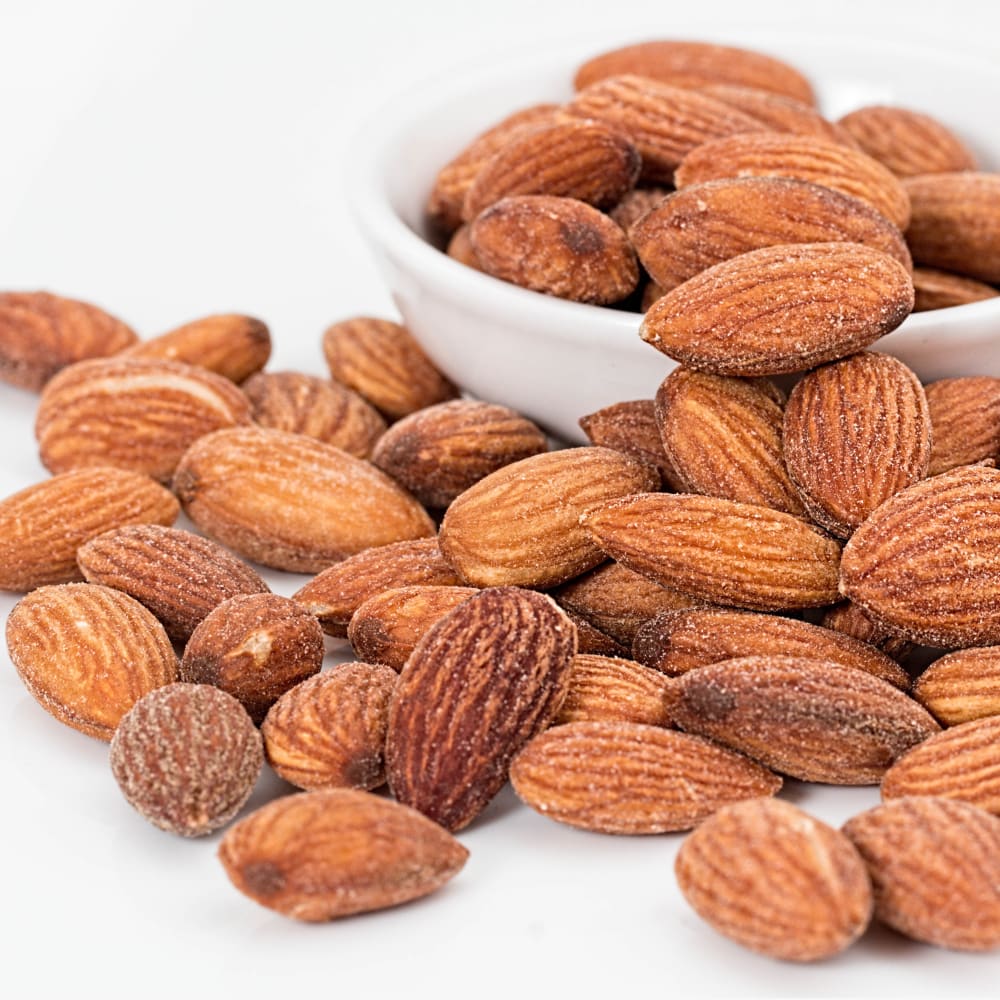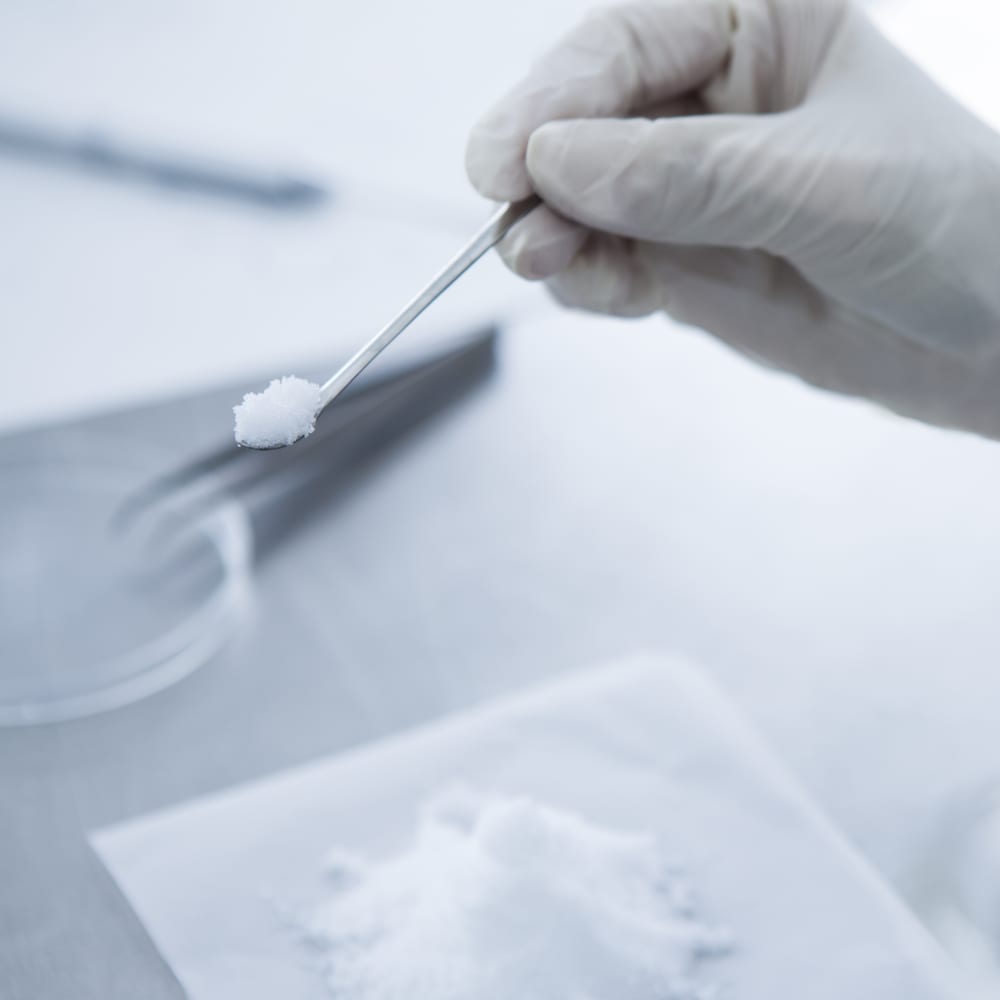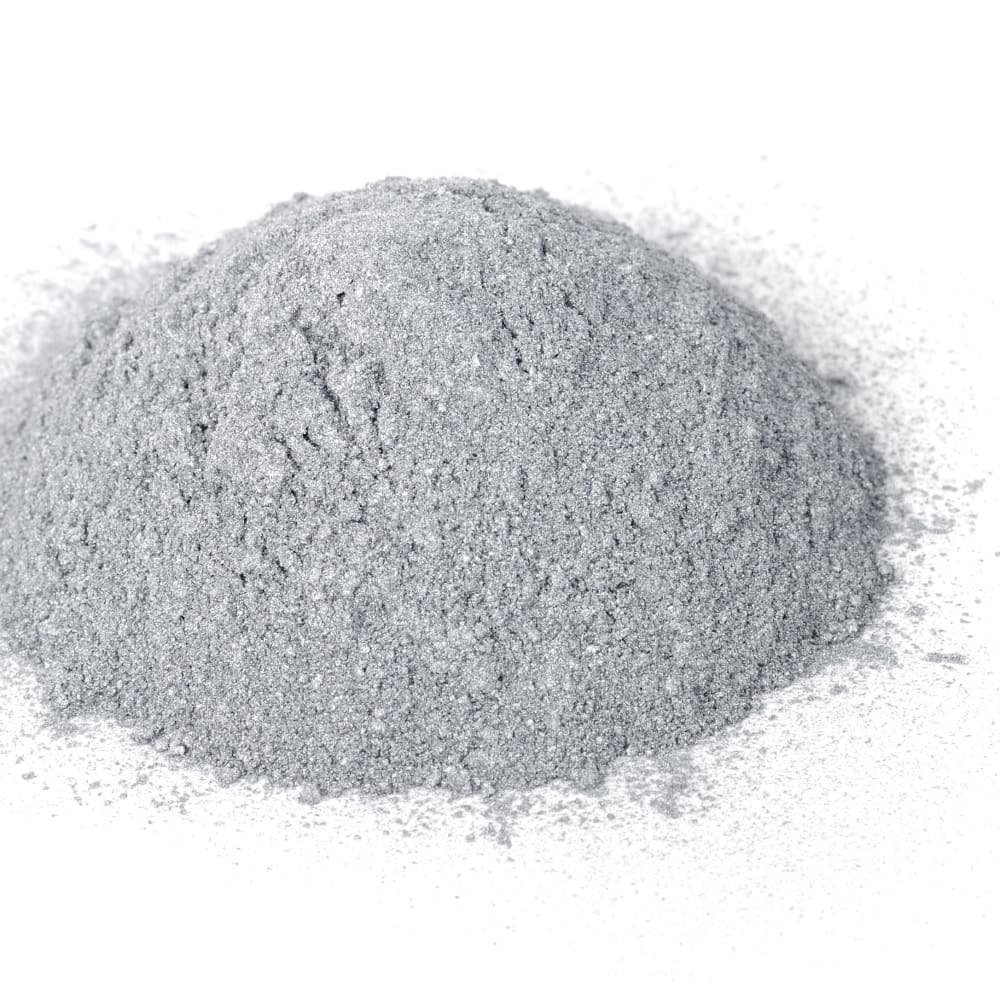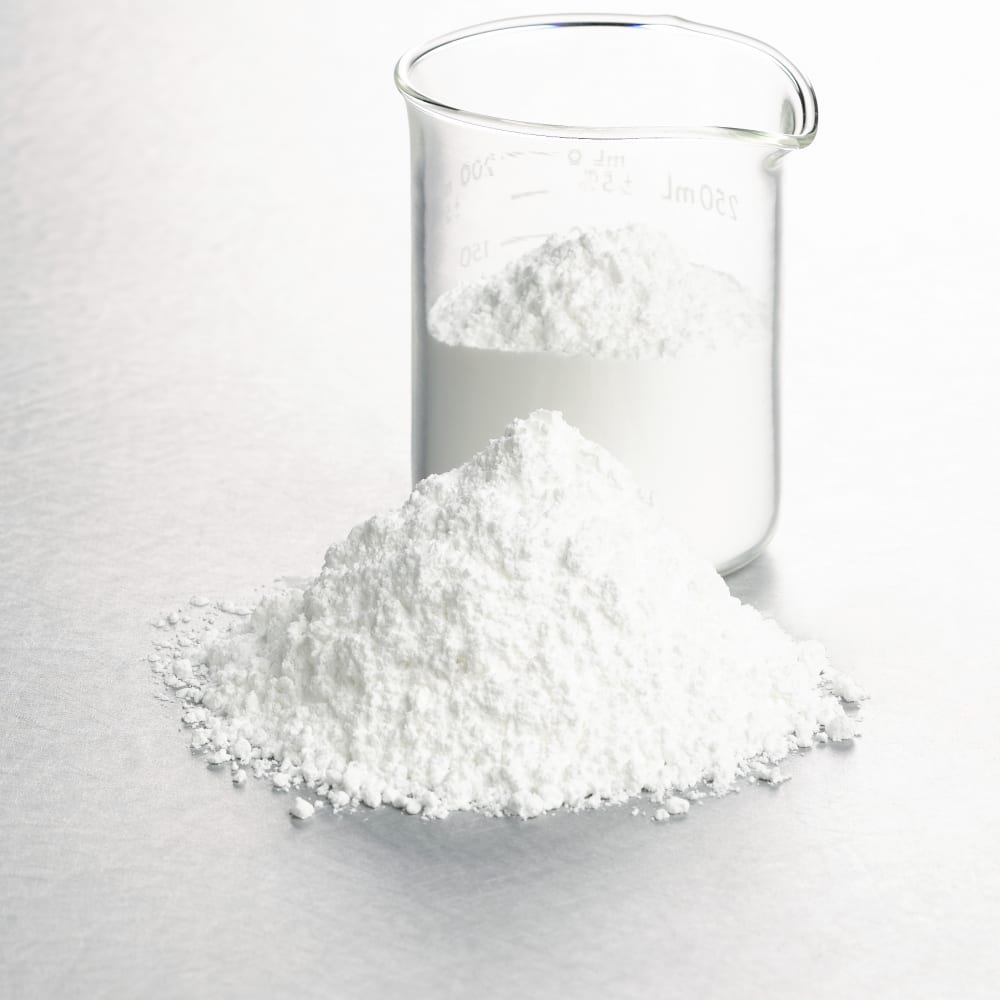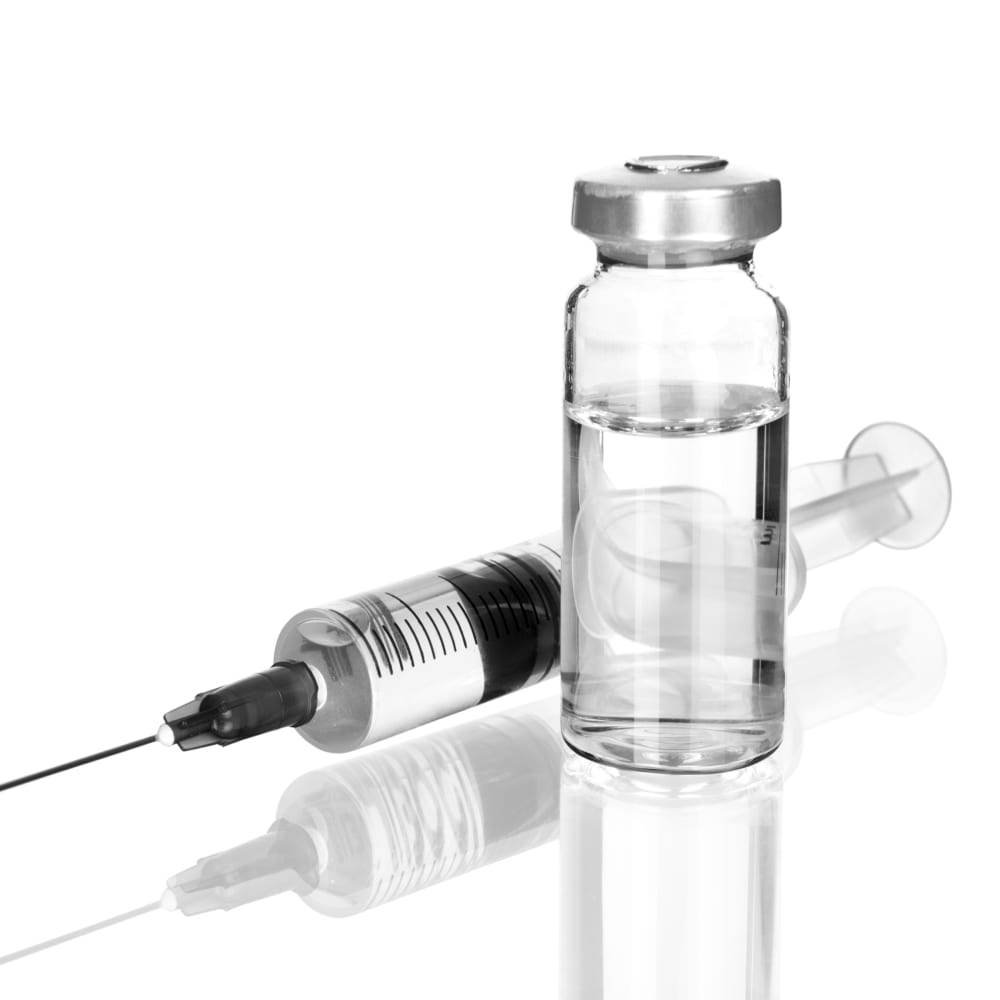Spray Drying of Cellulose
Spray Drying of Cellulose with the Mini Spray Dryer B-290

Cellulose is a naturally occurring polymer found in plant cell walls and is widely used in various industries, including food, pharmaceuticals, and cosmetics. Spray drying is a technique that can be used to convert cellulose into a dry powder, which can have advantages for various applications, such as drug delivery, food processing, and coatings.
The areas of focus in spray drying of cellulose include optimizing the process parameters, such as inlet temperature, outlet temperature, atomizer type, feed rate, and solvent composition, to achieve the desired particle size, morphology, and purity of the cellulose powder. Additionally, research has been conducted to evaluate the impact of different processing aids and excipients on the physical and chemical properties of the cellulose powder, such as its solubility, wettability, and rheological behavior.
Other areas of interest include the development of novel cellulose-based materials with unique properties, such as high porosity or controlled release capabilities, for various applications, such as drug delivery or tissue engineering. Spray drying has also been explored as a potential method for producing cellulose powders with tailored functional properties, such as improved adhesion or barrier properties. Overall, spray drying of cellulose offers a promising approach for improving the functionality and performance of cellulose-based materials in various applications.
Please see the application note No. 469 for starting parameters, formulations and some results.
